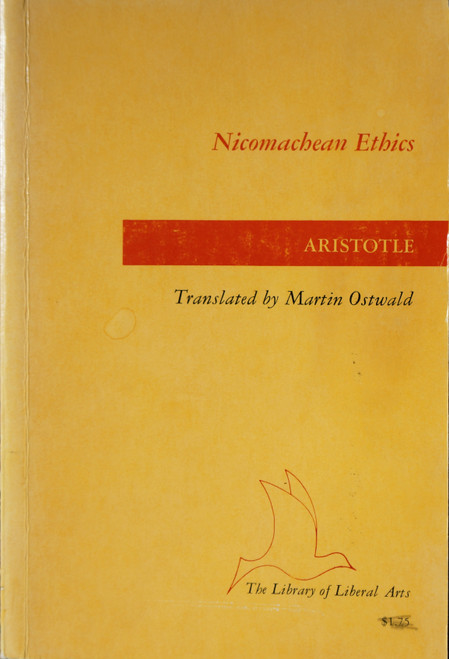The Nicomachean Ethics is one of Aristotle’s most widely read and influential works. Ideas central to ethics—that happiness is the end of human endeavor, that moral virtue is formed through action and habituation, and that good action requires prudence—found their most powerful proponent in the person medieval scholars simply called “the Philosopher.”
Aristotle is well known for the precision with which he chooses his words, and in this elegant translation his work has found its ideal match. Bartlett and Collins provide copious notes and a glossary providing context and further explanation for students, as well as an introduction and a substantial interpretive essay that sketch central arguments of the work and the seminal place of Aristotle’s Ethicsin his political philosophy as a whole.
About the Author
Aristotle was born in 384 BC at Stagira in Thrace. He was the son of Nicomachus, a physician to the king of Macedonia. At about the age of seventeen, Aristotle went to Athens to study and become a member of the Academy of Plato. After Plato's death, Aristotle tutored Alexander the Great before founding his own school, the Lyceum.







